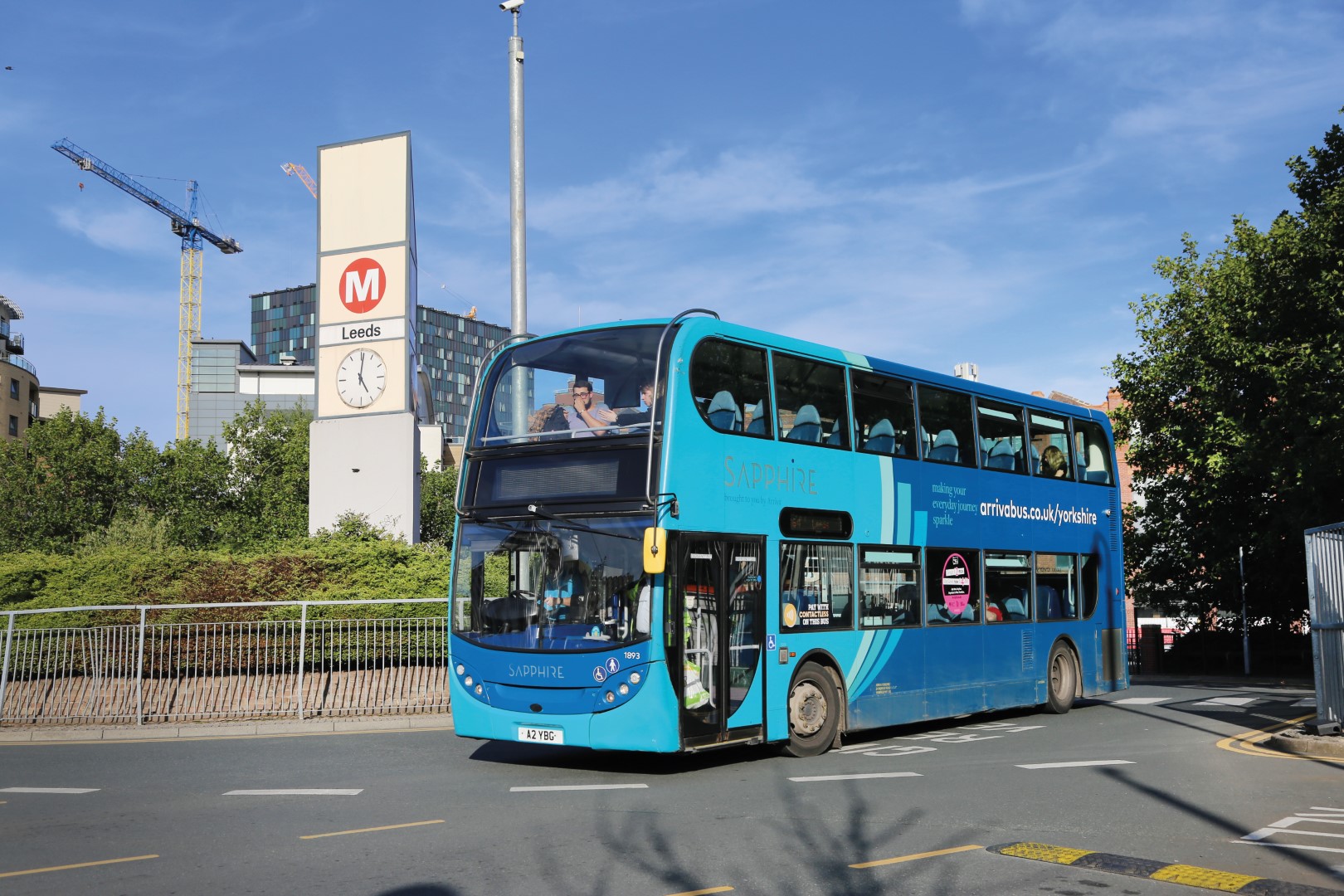Bletchleyite
Veteran Member
I am not entirely au fait regarding funding but one of my big concerns about franchising is that local authority boundaries do not align with natural flows of passengers. South Yorkshire may well want to fund part of the route but only up to the city (boundary). Castleton is outside the South Yorkshire area so the argument goes why should South Yorkshire pay for Castleton's buses? By way of an example, a bus service between Warrington and Manchester was withdrawn and only runs Manchester to the authority boundary and so what happens if you want to travel by bus across the boundary. (I also don't trust politicians, they don't understand the business and will spend tax payer monies on their own panacea projects. Also, small independents offering lower operational cost bases lose out. Don't get me wrong, the current situation in the Peak District is ridiculous and a hybrid system is required, i.e. centrally funded, knocking council's heads together.)
If we look at other countries, you tend to have urban buses and regional buses, the former being managed by local authorities and the latter by wider organisations (e.g. in Austria the railway manages them, in Switzerland the post office!). We seem to lack the latter, with the two very much run together which causes this issue. Indeed in the UK urban services are often provided in small towns by interurban/regional buses. The only place where it seems to be completely distinct is in Scotland with Citylink and the Stagecoach Express services, though obviously that's all commercial for now at least.
Perhaps in time we'll realise this and set up the relevant organisations, perhaps as collaborations between local authorities? For instance, one could certainly argue in the Lake District that if we moved away from commercial operation the network should perhaps be managed by the National Park Authority in collaboration with both of the unitary authorities.


